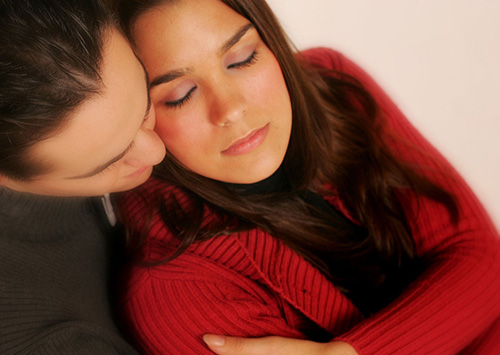Often while discussing love and hate in philosophy classes at St. John’s University, I try to provoke a discussion by posing questions about what hating does to the person hating and what loving does to the person loving.
Many years ago, existentialist Jean-Paul Sartre wrote a reflection about antisemites, people who hate Jews. He pointed out that for some time he thought of an antisemite as the same as the rest of us. The antisemite ate and slept and recreated just as we do, but there was one small difference, thought Sartre: the antisemite hated Jews, but except for that, the antisemite was the same as we.

Sartre confessed that he eventually rejected that view. He came to believe that antisemites were completely different because of their hatred of Jews. The antisemite ate differently, slept differently, and recreated differently. Sartre came to believe that antisemitism colored all the antisemite’s actions. If hating is that powerful, how powerful is love?
Believing that Sartre had a real insight into what hatred can do to the hater, I questioned the members of the class about Sartre’s view. I asked if loving someone also colored all the lover’s actions. Often, a good discussion developed. Through the questions I suggested to the students and through the responses they made, I changed, or at least clarified, my own views of love, hatred, the human community and our relationship with God. I see all four as related.
Reflecting on how central love is to our personal existence, I thought of the following remarks of C.S. Lewis:
“Love anything, and your heart will certainly be wrung and possibly broken. If you want to make sure of keeping it intact, you must give your heart to no one, not even to an animal. Wrap it carefully round with hobbies and little luxuries, avoid entanglements, lock it up safely in the casket or coffin of your selfishness. But in that casket — safe, dark, motionless, airless — it will change. It will not be broken; it will become unbreakable, Impenetrable, irredeemable. The alternative to tragedy or at least to the risk of tragedy, is damnation. The only place outside out of Heaven where you can be perfectly safe from all the dangers and perturbations of love is Hell.”
I want to give the terms love and hate the strongest possible meanings. Both are free actions that come from the depth of the person. By love I mean a free self-gift of one person to another person or to a group of persons.
In my view of love, freedom is central. I don’t believe that love is a passion, an emotion, or a feeling. I believe that love is a free choice. I also stress the importance of freedom in what I mean by hate. I also think that hatred is a free choice to wish someone serious harm. So once again I don’t think of hatred as a passion, emotion, or feeling. To either love or hate in the way that I am using the words, a person has to achieve a level of freedom. Does any person ever really hate another? Some people use terrible expressions such as “Go to hell” or “God damn you” or “Drop dead,” but I don’t think most people who use those expressions, mean them.
Of course, if a person really hated someone, that would influence the hater’s relationship with God. Hatred is a terrible sin. I have come to believe that if a person hates, that influences a person’s relation with both God and other human persons. Hating can dramatically change the hater.
In God’s plan, we are tied together and can greatly influence one another. There is a communal dimension to every sin, especially serious sin. God has called us into a community, and hatred would weaken the community, which is supposed to be a community of love.
I think that if a person unselfishly loves someone, that changes the lover’s relationship with the beloved but also changes the lover’s relationship with other persons. I am imagining a love that comes from the depth of the lover. Such love can change the lover. In loving we fulfill our radical and primary vocation. God has created us to be lovers. How we live out that primary vocation involves what we might call our secondary vocation, such as being a teacher, a husband, a wife, a secretary, a doctor, a priest.
Of course, loving changes our relationship with God. I have come to believe that when our relationship with God changes, our relationship with everyone else changes. I think Sartre had a good insight into the antisemite. I think the mystery of love provides wonderful insight into our communion with God and others.
Father Lauder is a philosophy professor at St. John’s University, Jamaica. He presents two 15-minute talks from his lecture series on the Catholic Novel, 10:30 a.m. Monday through Friday on NET-TV.
